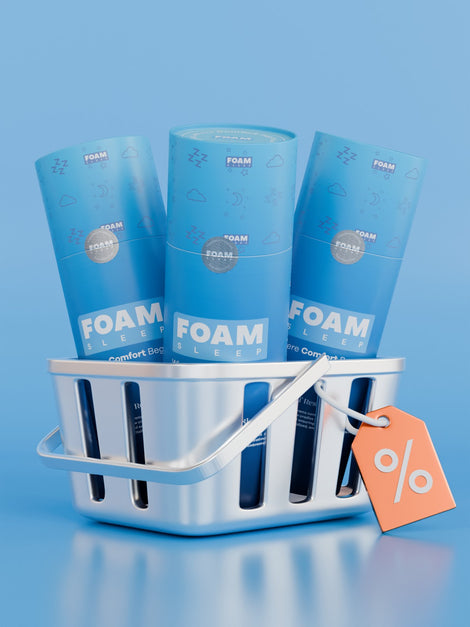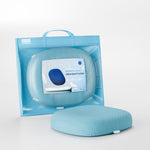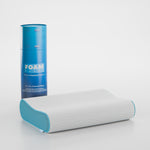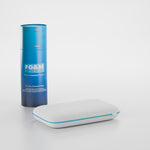10 Sleep Hygiene Habits for Healthy Sleep

Sleep hygiene is just as important as physical hygiene. Although its name is 'hygiene,' it actually refers to all of our healthy sleep habits necessary for sleeping.
Good sleep is extremely important for both our mental and physical health. Many activities such as what we eat, what we drink, our schedule, our evening or morning routines have an impact on our sleep quality.
Therefore, in our article, we've listed 10 sleep hygiene practices for healthy sleep. Let's take a look at sleep hygiene, which is extremely important for our health.
Regulating Sleep Hours
Going to bed at the same time every day and waking up at the same time every day accustoms your brain and body to a certain routine. This way, you can fall asleep more easily and wake up more easily.
Going to Bed When Sleep Comes
Going to bed when you're not sleepy can be a meaningless effort. You probably won't be able to sleep and will toss and turn in bed. Therefore, don't get into bed until you feel sleepy. If you want to bring on sleep, you can try doing relaxing activities outside of bed, such as reading a book.
Creating a Relaxing Bedroom
Noise, light, and clutter are factors that prevent sleep. For comfortable sleep, you shouldn't fight these three factors but should eliminate them.
Tidying your room before sleeping, closing light sources, and blocking sound will give you the environment you're looking for to sleep.
Establishing a Pre-Sleep Routine
By having a certain routine before sleeping, you can determine your bedtime hours. A warm shower, reading a book, or skincare... Determine the routine you want and apply it every night before bed.
Exercising
Exercise you do during the day can help you feel more tired in the evenings and fall asleep more comfortably. Still, be careful not to exercise before sleeping because this will create the opposite effect.
Taking Short Naps
While short naps are often beneficial, long-term naps negatively affect your sleep quality. Sleeping for hours during the day naturally makes it difficult to fall asleep at night.
Reducing Alcohol, Caffeine, and Nicotine Consumption
Especially since caffeine supports wakefulness, it's recommended to consume it at least 6 hours before sleeping. Additionally, although alcohol may seem like a sleep-inducing substance, it actually significantly reduces your sleep quality.
Keeping Electronic Devices Away
Devices like phones or computers emit blue light, so they have a sleep-disrupting effect. Therefore, staying away from phones before sleep can help your sleep come more easily.
Hygienic Pillow
The most important part of our sleep is the pillow. It's important that our pillow is not only comfortable and functional but also hygienic. An unhygienic pillow causes sleep problems and even snoring.
Disclaimer: This information does not constitute medical advice. Please consult with a healthcare professional for proper diagnosis and treatment.




